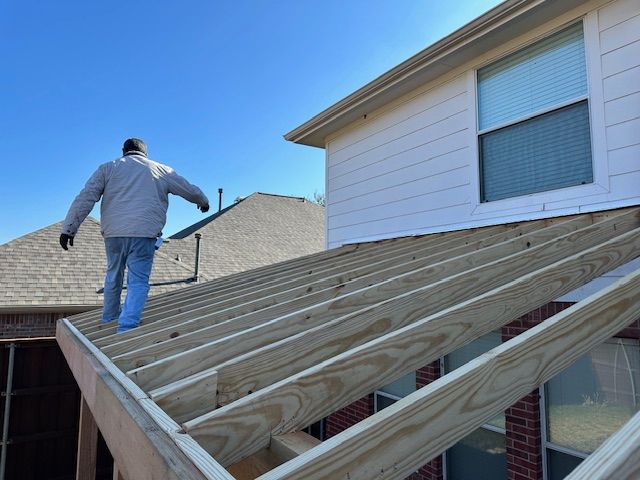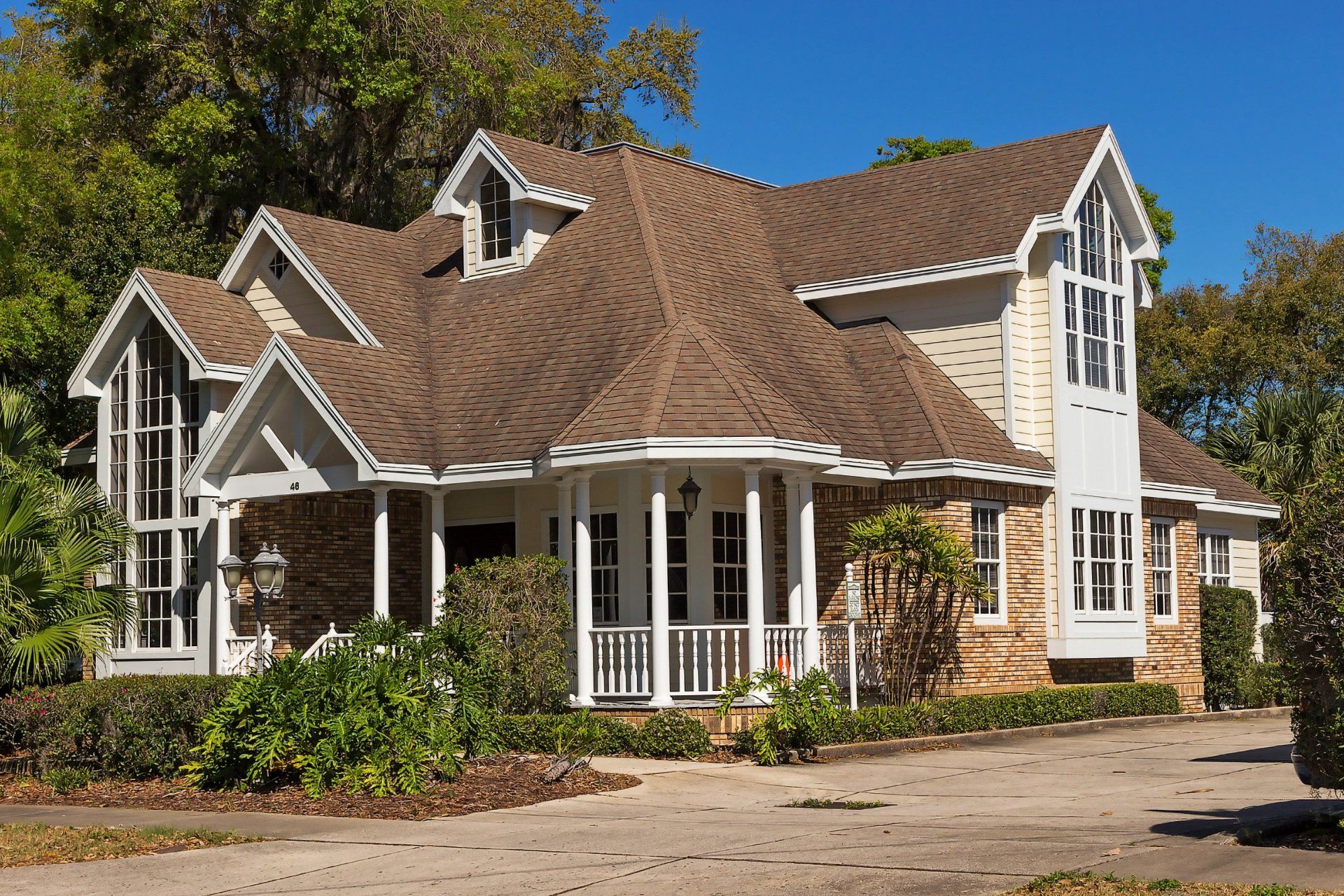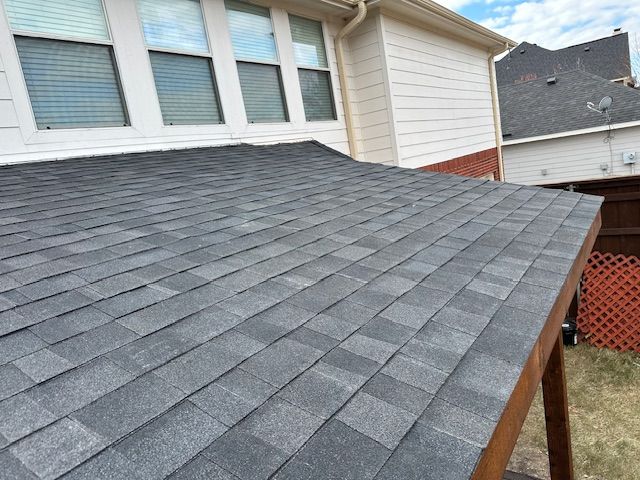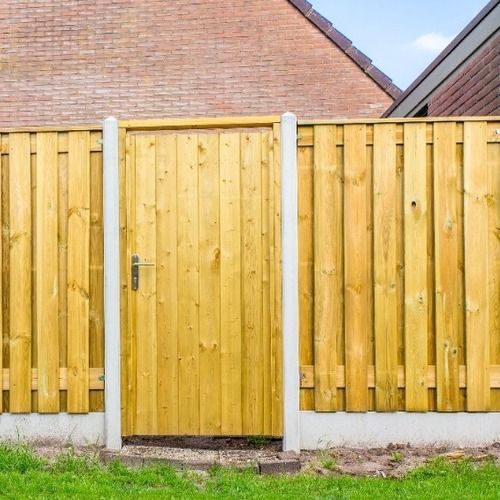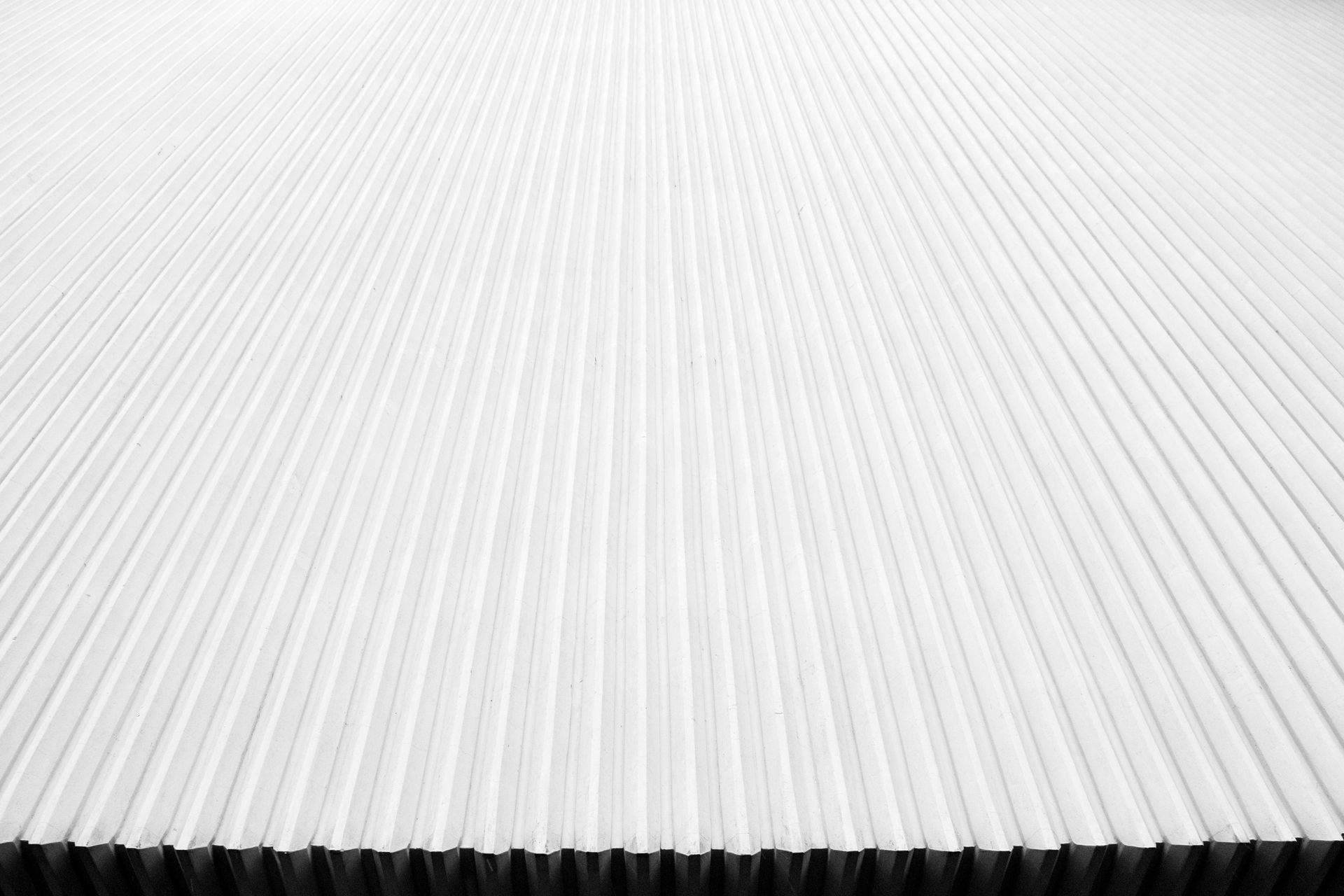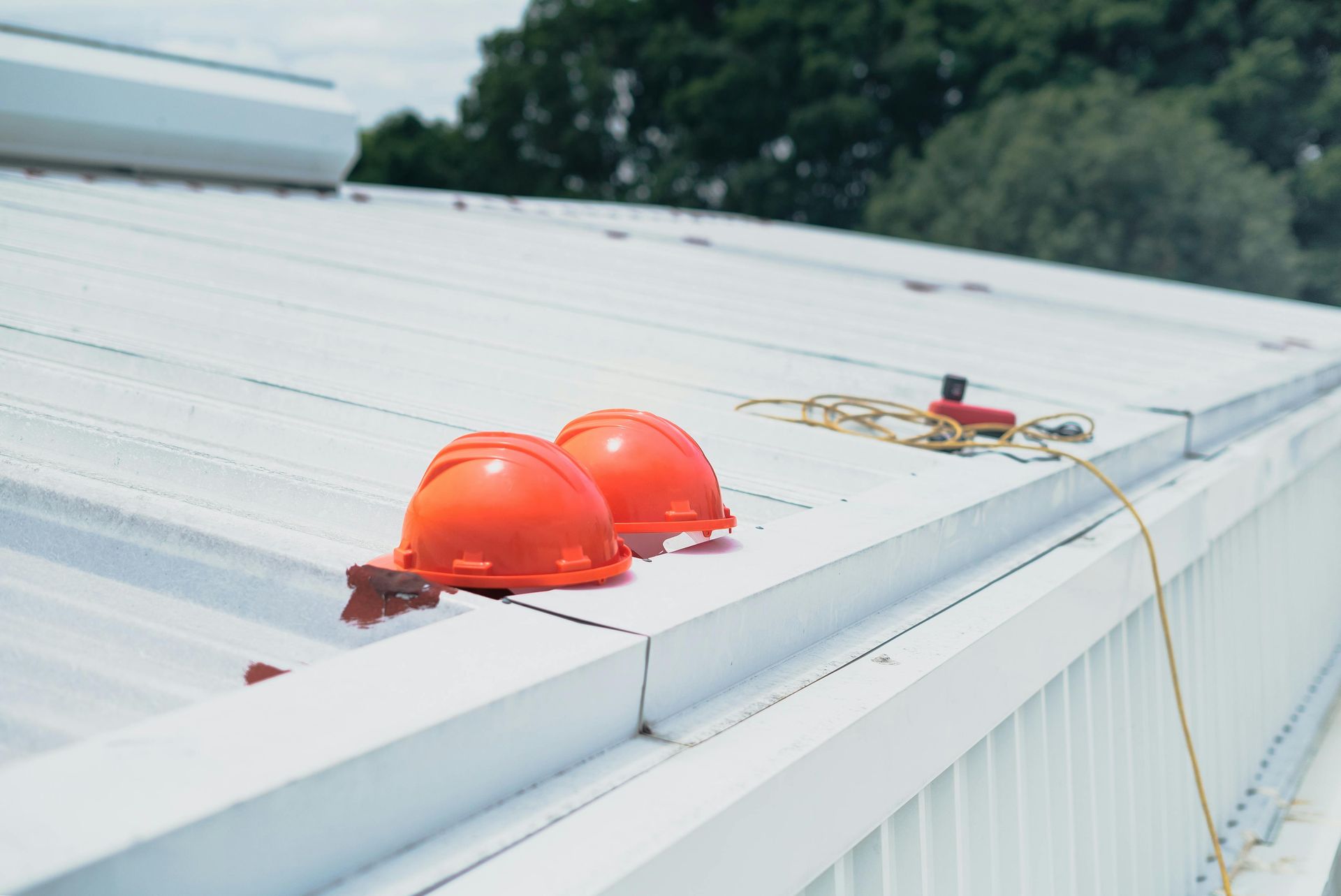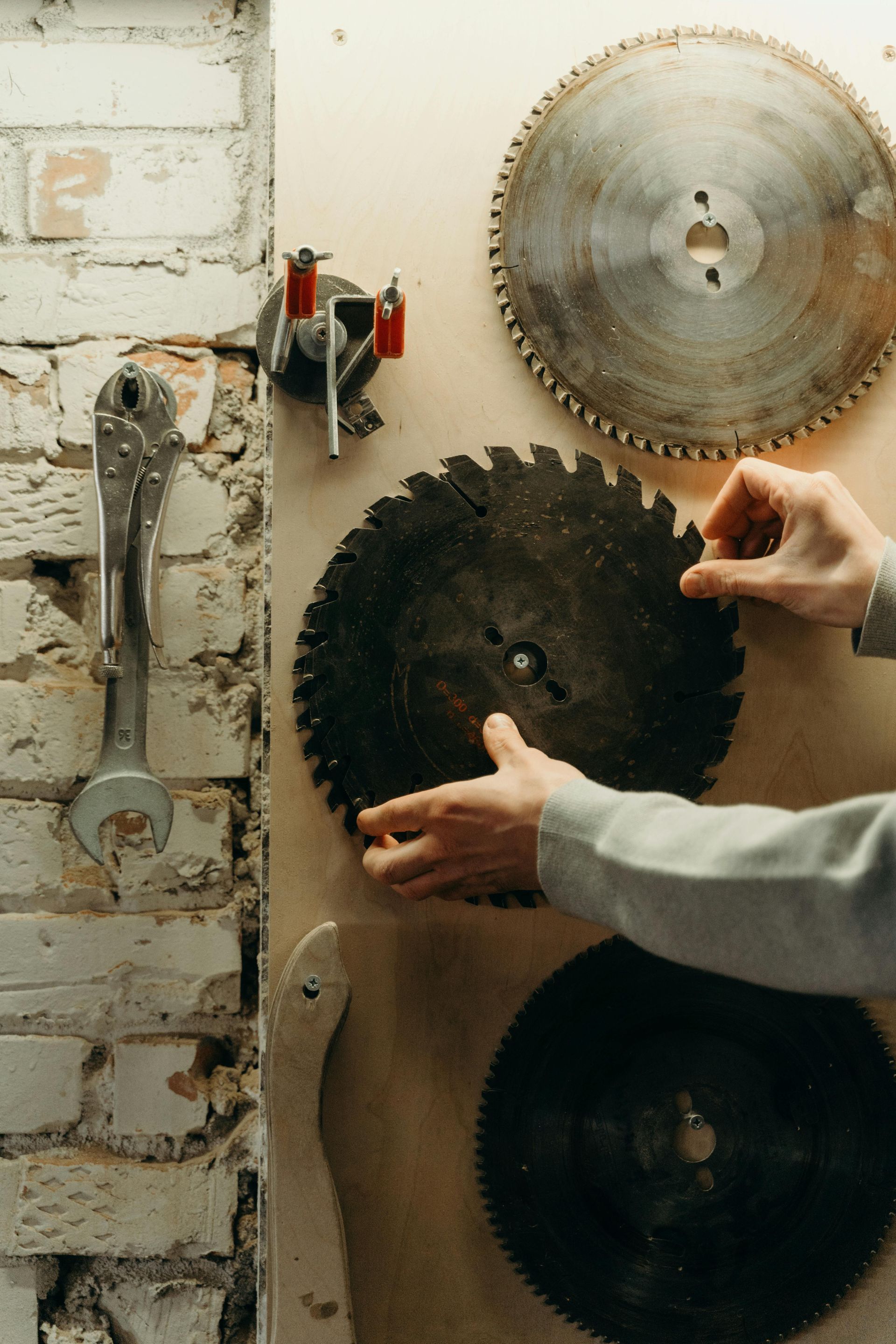
What is Commercial Roofing?
Commercial roofing is like a shield for businesses, protecting them from rain, snow, and other elements. It keeps your building safe and running smoothly. But what exactly is commercial roofing, and why does it matter? In this guide, we’ll break it down for you. We’ll cover the most common types of commercial roofs and how to pick the right one for your building.
What is Commercial Roofing?
Commercial roofing refers to the materials and systems used to cover and protect commercial buildings like offices, warehouses, and retail stores. Unlike residential roofs, commercial roofing often involves flat or low-slope surfaces that require different materials and techniques.
These roofs are designed to handle the specific needs of business properties, such as accommodating large HVAC systems, ensuring energy efficiency, and withstanding heavy foot traffic during maintenance.
Key components of commercial roofing include:
- Durability: Commercial roofs are built to last, resisting wear and tear over time.
- Weather Protection: They shield buildings from extreme weather conditions.
- Energy Efficiency: Modern commercial roofs can help reduce energy costs by reflecting sunlight and insulating the building.
Understanding what commercial roofing is and its importance can help you make better decisions for your business's needs.
What is the Most Common Type of Commercial Roof?
When it comes to commercial roofing, several types are popular for their durability and cost-effectiveness. Here are the most common types:
- TPO (Thermoplastic Polyolefin) Roofing: This is one of the most popular choices for commercial buildings due to its energy efficiency and affordability. TPO roofing is a single-ply membrane that is highly resistant to UV rays, chemicals, and punctures, making it a great option for businesses looking to save on energy costs.
- EPDM (Ethylene Propylene Diene Monomer) Roofing: Known for its durability, EPDM is a synthetic rubber roofing membrane. It is easy to install and maintain, making it a common choice for many commercial buildings. It performs well in various weather conditions, from hot to cold climates.
- Metal Roofing: Metal roofs are favored for their longevity and strength. They can last up to 50 years with proper maintenance and are resistant to fire and severe weather. Metal roofing materials include aluminum, steel, and copper, offering a range of options for different budgets.
- Built-Up Roofing (BUR): This traditional roofing system is made of multiple layers of bitumen and fabric, creating a durable and watertight surface. BUR is excellent for flat roofs and offers reliable protection against the elements.
- Modified Bitumen Roofing: A type of asphalt-based roofing, modified bitumen is designed for flat or low-slope roofs. It provides excellent waterproofing and is known for its flexibility and toughness.
Choosing the right type of commercial roof depends on several factors, including your budget, climate, and specific building needs. Each type has its own advantages, making it important to weigh your options carefully.
Benefits of Commercial Roofing
Investing in quality commercial roofing offers several significant benefits for businesses. Here’s how a well-chosen roofing system can make a difference:
Durability and Longevity
- A high-quality commercial roof is built to withstand the elements, including harsh weather, UV rays, and physical damage. With proper maintenance, many commercial roofs can last 20-50 years, reducing the need for frequent replacements.
Energy Efficiency
- Modern commercial roofing materials like TPO and metal are designed to reflect sunlight and minimize heat absorption. This helps keep the building cooler, leading to reduced energy consumption and lower utility bills, especially during hot weather.
Weather Protection
- Commercial roofs are engineered to provide robust protection against rain, snow, wind, and hail. This is vital for safeguarding the building's structure and interior contents, preventing costly water damage and maintaining a safe environment for occupants.
Cost Savings
- Although the initial investment in a quality commercial roof may be higher, the long-term savings from reduced energy bills, fewer repairs, and extended roof lifespan make it a cost-effective choice for businesses.
Increased Property Value
- A well-maintained and efficient roofing system can enhance the overall value of a commercial property. Prospective buyers or tenants are often willing to pay more for a building with a reliable roof, knowing it means fewer worries and expenses down the line.
Improved Safety
- A sturdy commercial roof reduces the risk of leaks, structural damage, and other hazards that could compromise the safety of the building and its occupants. It also supports heavy equipment like HVAC systems without risk of collapse.
By understanding the benefits of commercial roofing, business owners can make informed decisions that align with their operational needs and long-term goals. Investing in a quality roof means investing in the overall success and sustainability of the business.
Choosing the Right Commercial Roof
Selecting the right commercial roofing system is essential for maximizing performance and meeting the specific needs of your building. Here's how to make the best choice:
Evaluate Your Building’s Needs
- Consider the building's size, shape, and purpose. Different types of businesses have unique requirements. For example, a warehouse might need a different roofing solution than an office building.
Consider the Climate
- Your location’s climate plays a significant role in determining the best roofing material. In areas prone to heavy rain or snow, durability and weather resistance are crucial. In hotter climates, materials with high reflectivity, like TPO or metal, can help keep the building cool.
Budget Constraints
- Determine your budget for the roofing project, including installation and long-term maintenance costs. While some materials may have a higher upfront cost, they could offer greater savings over time due to reduced energy bills and maintenance needs.
Maintenance Requirements
- Consider the level of maintenance each roofing type requires. Some materials, like EPDM and metal, require less frequent maintenance, while others may need more regular inspections and repairs to stay in top condition.
Longevity and Warranty
- Look into the expected lifespan and warranty options for each roofing material. Choosing a roof with a longer lifespan and a comprehensive warranty can provide peace of mind and protect your investment.
Energy Efficiency Goals
- If energy efficiency is a priority, opt for roofing materials designed to reduce energy consumption. TPO and metal roofs are excellent choices for businesses looking to lower their carbon footprint and save on energy costs.
Aesthetic Considerations
- The appearance of your roof can impact the overall look of your property. Choose materials and colors that complement the building's design and enhance its curb appeal.
By weighing these factors, you can choose a commercial roofing system that aligns with your business goals and provides the best value for your investment. Consulting with a professional roofing contractor can also help ensure you make an informed decision that meets all your needs.
Conclusion
Understanding the various aspects of commercial roofing is essential for making informed decisions that benefit your business in the long run. From selecting the right materials to considering factors like climate and budget, every choice impacts the overall performance and lifespan of your roofing system.
A quality commercial roof not only protects your building from the elements but also enhances energy efficiency, reduces operational costs, and increases property value. Whether you're replacing an old roof or installing a new one, taking the time to evaluate your options and consult with professionals can ensure your investment pays off.
Remember, your commercial roof is a crucial part of your building’s infrastructure, providing safety, comfort, and peace of mind for years to come. Choose wisely, and enjoy the many benefits of a well-planned roofing system.
Ready to upgrade your commercial roof or need expert repairs? Trake Construction is here to help. As a trusted name in the roofing industry, we specialize in delivering top-notch solutions tailored to your specific needs. Whether you’re looking for a residential roofer, commercial roofer, or metal roof installation & repair, our skilled team is equipped to handle it all.
Located in Rockwall, we proudly serve surrounding areas, including Dallas, Allen, Farmersville, Fate, and Forney. Our commitment to quality and customer satisfaction has made us the go-to choice for homeowners and businesses alike.
Don’t let roofing problems disrupt your life or business. Contact Trake Construction today for a free consultation and discover why we’re the leading choice for storm damage roof repair and fence installation. Let us protect your investment with durable, high-quality roofing solutions.

Trake Construction Management, LLC partners with homeowners and business owners to restore and improve properties affected by weather-related damage and general disrepair.
Services


